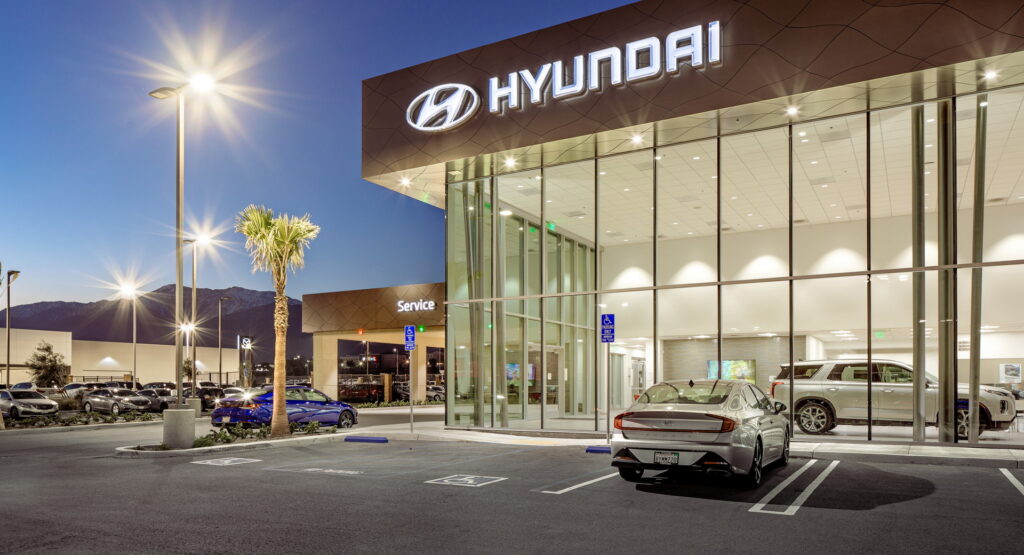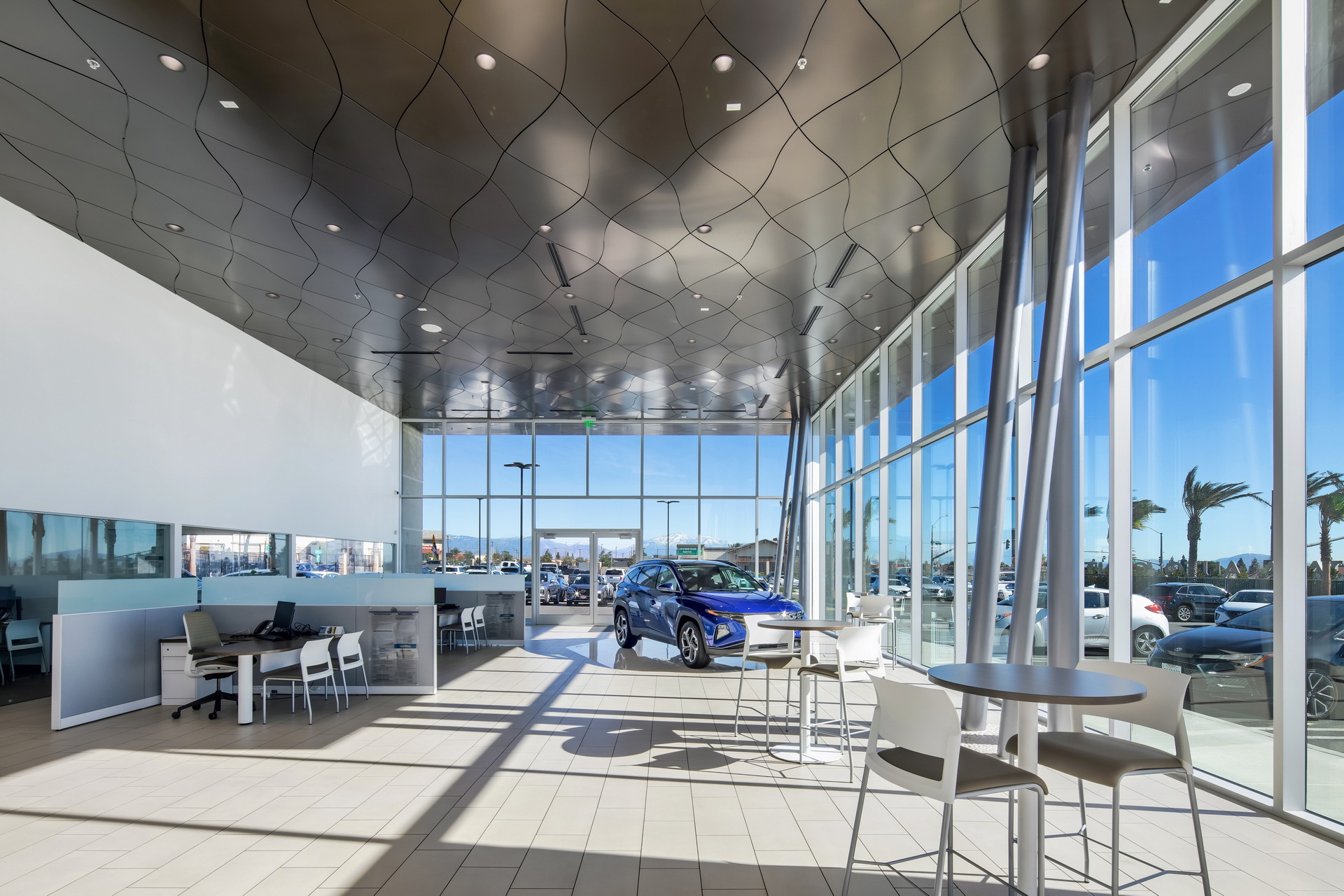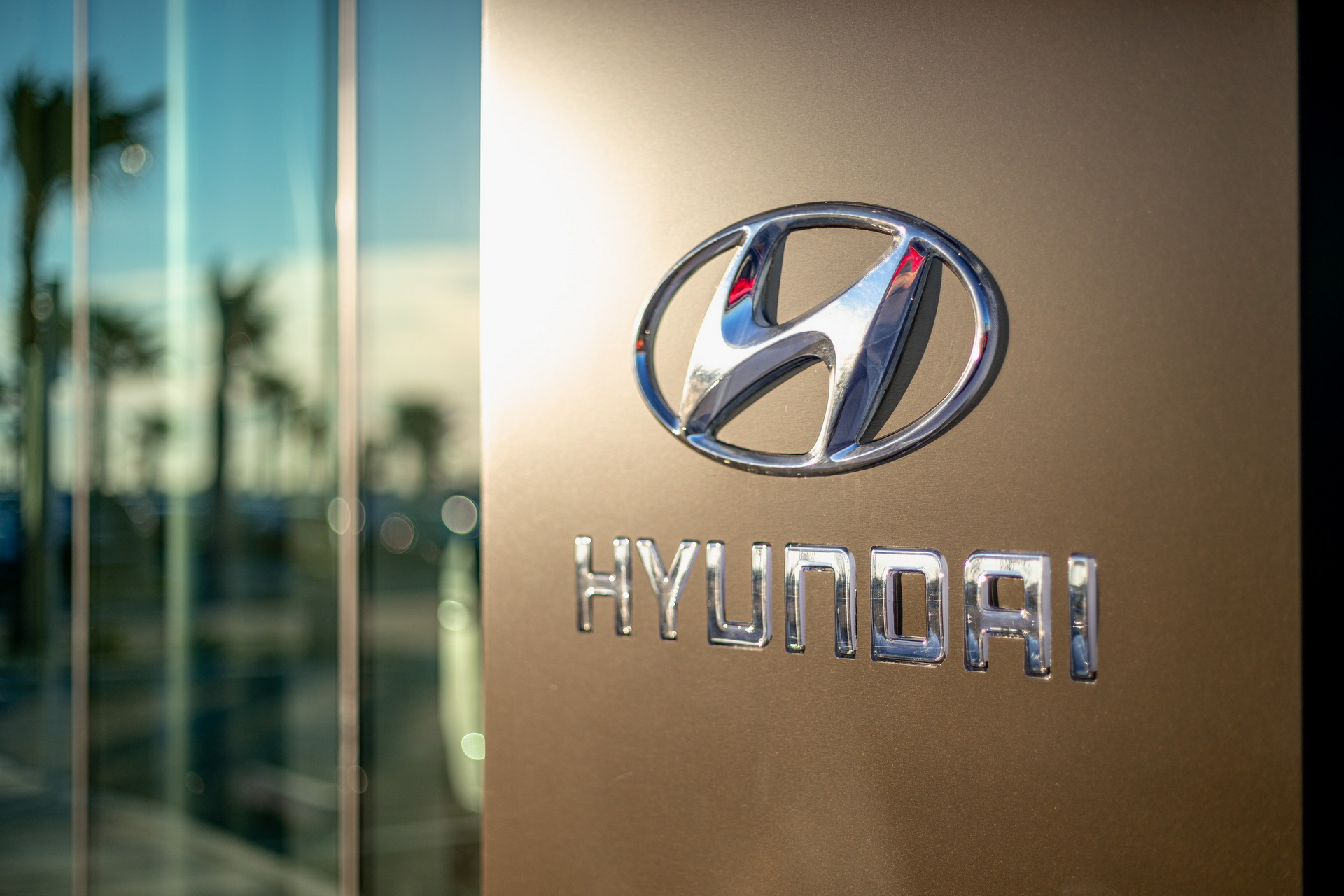Central Avenue Hyundai, of Hartsdale, New York, is suing the Korean automaker, claiming that it was being denied additional vehicles as retaliation for not performing renovations it says are not practical to its showroom.
The suit centers around discretionary allocations, a pool of additional vehicles that an automaker can allocate to dealers without regard for performance or contract. Automakers claim that this practice gives them a supply of vehicles with which to respond to sudden changes in inventory like fires or floods at certain dealerships, per Automotive News.
In pre-pandemic times, the pool was small enough that the practice didn’t attract much attention. Now that factories are struggling to build cars, however, it is being criticized by dealers because it denies them vital product.
Central Avenue Hyundai claims that it lost nearly 42 percent of its allocation in the first quarter of 2022 compared to the same period last year. None of the other 13 nearby Hyundai dealerships had allocation losses that were as steep in that time period.
The dealership claims, then, that it is being punished unfairly for not renovating its location as part of Hyundai‘s Accelerate program. Intended as a way to physically expand showrooms, the program was launched in January 2020.
Central Avenue Hyundai, located in a suburb of New York City, claims that it is at a disadvantage when it comes to the program because of its tight urban quarters. It says that it spent $3 million on upgrades in 2015, something the program doesn’t recognize, and that its facility already costs $56,000 a month.
It further claims that it is now being targeted for its inability to participate in the Accelerate program. Hyundai, though, argues that it has worked to support its retailers through this growth.
“We had a very simple view as we launched these programs… that these are all voluntary,” Robert Grafton, Hyundai’s vice president of dealer network and strategy, said. “There’s support for dealers who elect to participate in helping offset their [capital expenditure] expenses, and if a dealer elects not to participate, that’s fine as well.”
Using discretionary allocation to punish dealers is something that happens widely, Henry Noye, a partner at East Coast law firm Obermayer Rebmann Maxwell & Hibbel, told Automotive News.
“They’re going to say, ‘This is voluntary, you don’t have to do this,’ but they also have the power of the purse. So when you try to do something else, you get less of a priority,” Noye said.
Hyundai has already been sued for this practice by a dealership in Palm Beach, Florida. Porsche, too, is being sued for its wielding of discretionary allocation, albeit under slightly different circumstances.






